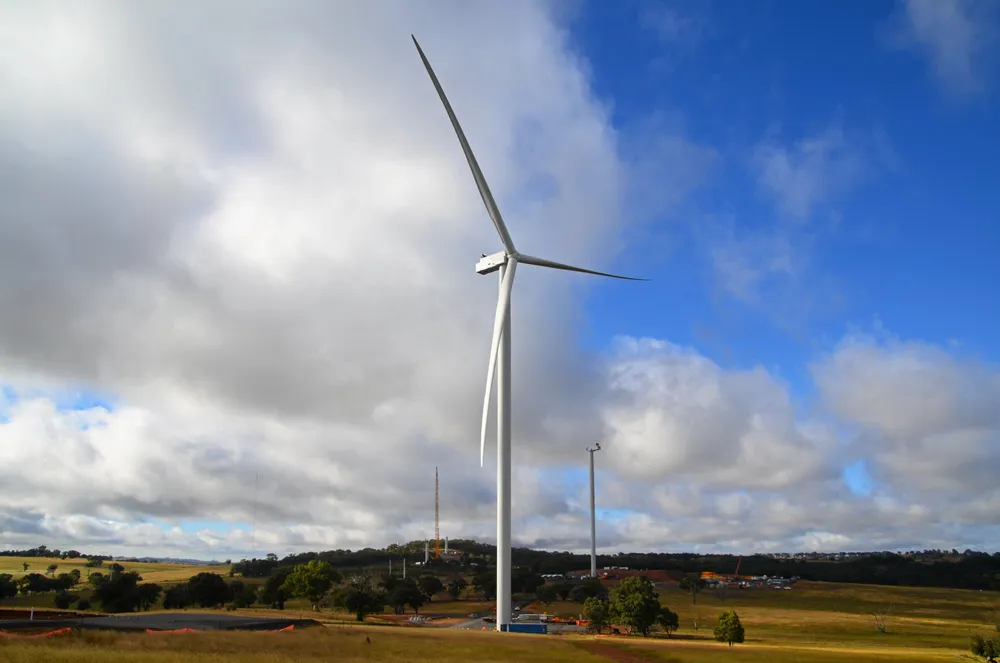US startup Niron ramps rare earth-free permanent magnet production with pilot plant
Minnesota-based firm is leveraging support from major electric vehicle makers and the federal government to begin commercial manufacturing

“With the official opening of our commercial pilot plant, we’ve taken a significant step towards establishing a reliable, domestic supply of high-performance magnets critical for US national security, while launching the next generation of clean energy technologies and sustainable manufacturing,” said CEO Jonathan Rowntree.
They often contain tonnes of rare earths, including dysprosium, neodymium, praseodymium, and terbium and others, production of which is dominated by Chinese suppliers. Some 60% of rare earths mining and 90% of refining capacity is in China.
“Concentration of critical minerals mining and refining capacity in China leaves our supply chains vulnerable and our national security and clean energy goals at risk,” the Biden administration said.
Rare earths are vital to many clean energy and high technology products, and the energy transition and ongoing electrification of the global economy is set to nearly triple demand in the next decade, from 170,000 tonnes in 2022 to 466,000 tonnes by 2035, according to Boston Consulting Group.
“There's concern that if China needs those magnets, it's going to serve its own needs first, before it exports, and that's going to put pressure on supply and also pricing in the rest of the world,” Rowntree said:
The Biden administration has launched multiple rounds of funding for technologies critical to US clean energy manufacturing and deployment as well as national defence.
“We've had tremendous support from the Department of Energy and Department of Defence,” said Rowntree.
“We've raised over $140m to really scale and commercialise our technology, about 25% of that has come from the government,” he said.
Private sector investment from electric vehicle makers Stellantis and GM has also rushed in, putting the startup on track for development of a much larger facility in Saint Cloud, Minnesota, capable of producing 1,550-tonnes of permanent magnets annually.
“That would really allow us to start production with our first customers, most likely in audio and motor applications, but also potentially wind turbines as well,” Rowntree said. “We'll have the capability to make these much larger magnets.”
Cost competitiveness is a major concern, and Niron’s reliance on iron and nitrogen, both readily and cheaply available in the US market, give it an advantage over rare earths-dependent technologies.
“But obviously, making magnets is a scaled business, so we've got to get to a certain scale to be to be fully competitive,” Rowntree conceded.
“But at full scale, we plan to be fully competitive with the rare earth magnets that are supplied today.”
Niron isn’t alone in its quest for rare earths-free permanent magnets, and London-based tech startup Materials Nexus claims that its AI-enabled software has developed a validated formula for such a magnet that will be 50% cheaper than those containing the precious elements.
Moreover, some are sceptical that Niron’s formula can be developed into deployable permanent magnets.
A report on Niron published by trade association Institute of Electrical and Electronics Engineers quoted several scientists who expressed doubts that the company could produce commercially viable permanent magnets.
(Copyright)